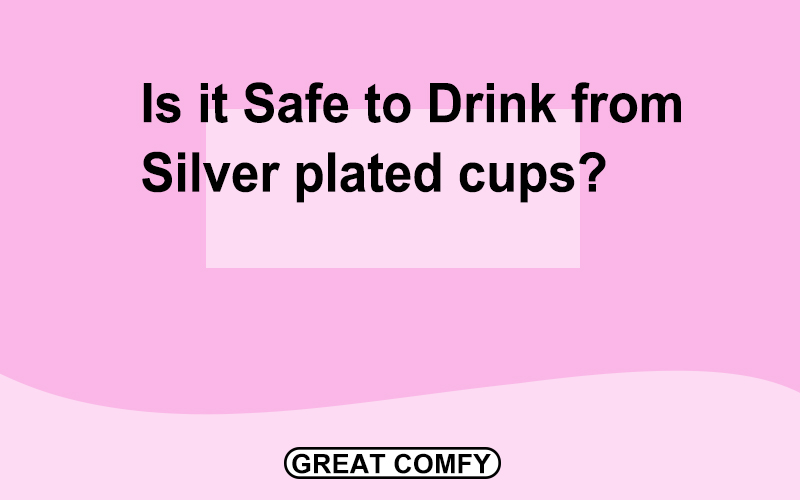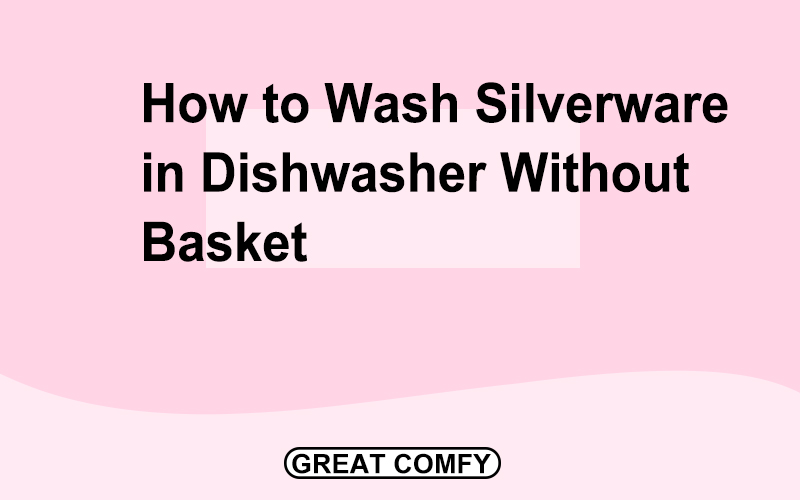As someone who enjoys hosting dinner parties and hosting guests, I have often wondered about the safety of using silver-plated cups and flatware.
Because, of course, it has long been a popular way to add a touch of elegance to table settings. In this article, however, we’d talk about how safe it is, drinking from Silver plated cups.
Is it Safe to Drink from Silver Plated Cups?
Authors note: It is generally safe to drink from silver-plated cups. The silver plating on the cups is typically a thin layer that does not pose a health risk. However, if the cups are not properly cleaned and maintained, they can tarnish and potentially cause discoloration or an unpleasant taste.
You want to make sure you’re drinking your preferred beverage in the safest manner, right? Well, Everyone does!
But then, how well do you care for your cups?
Silver-plated cups, for instance, have been a common home utensils, however, recently, concerns have been raised about their safety, leading to many downrating them.
But are these all true? Is drinking from silver-plated glasses actually safe? Let’s examine the facts and dispel some widespread misconceptions.
Myth #1: Silver is Poisonous

First things first, let’s start by addressing the issue that is most pressing. There is no toxicity in silver.
In fact, it has been employed in a variety of medical procedures for centuries.
Generally, while, a silver-plated cup may contain a trace amount of silver that may leach into your beverage, that micro particle (if any), is not harmful and won’t hurt you.
Myth #2: Silver Plating Contains Lead
Another widespread misconception is that lead is present in silver plating. Clearly, this is untrue. A layer of pure silver is electroplated over a base metal, such as copper or nickel, during the silver plating process. In neither this procedure nor the silver-plated cups is lead employed.
Myth #3: Silver Plating Can Flake Off into Your Drink
Although it is true that silver plating might tarnish over time, it is quite improbable that tiny flakes would find their way into your beverage.
And even if they did, the quantity would be insufficient to cause any harm.
So, Is it Safe to Drink from Silver Plated?
The answer is yes! As long as you’re using a well-made, high-quality silver plated cup, there’s no reason to worry about the safety of your drink. Just make sure to wash the cup regularly and store it properly to prevent any wear and tear.
Generally, there’s no need to give up your silver plated cups just yet. By busting these common myths, we hope to put your mind at ease and allow you to enjoy your drinks in style. So go ahead, grab a silver plated cup, and cheers to good health!
How to Use Silver Plated Utensils Safely
Despite the potential risks, it is still possible to safely use silver-plated cups and flatware. The key is to take proper care of these items to ensure that the plating remains intact and does not degrade.

Here are a few tips for safely using silver-plated cups and flatware:
- Avoid putting acidic liquids in silver-plated cups because the acid can discolour and weaken the silver.
- Hand wash your silver-plated glasses and utensils with mild soap and water. It’s best to stay clear of using abrasive scrubbers because they can damage the plating.
- Dry your silver-plated items thoroughly after washing to prevent water spots.
- Lastly, Store them in a dry place to prevent tarnishing.
It’s also important to note that you should opt for silver-plated cups and flatware that has been certified by respected organizations if you are concerned about their safety.
For example, items that have been certified by the National Sanitation Foundation (NSF) have been tested and meet strict safety standards.
Alternatives for Drinking with Silver Plated Cups
If you prefer not to use silver-plated cups, there are several alternatives available.
Here are a few options to consider:
- Stainless steel cups: Stainless steel is generally a safe and durable alternative to silver-plated cups since they do not contain any heavy metals and are corrosion- and rust-resistant.
- Glass cups: One other good alternative for silver-plated mugs is glass cups, for several reasons. Firstly, they’re a popular option found in many homes. Secondly, they are non-reactive. It’s impossible for chemicals or metals will be leached into the liquid, unlike in Silver plaited cups.
- Porcelain or ceramic cups: Just like Glass, Porcelain and Ceramic cups are non-reactive. And since they are inert, they won’t let any metals or chemicals into the liquid.
- Solid silver cups: You could just choose solid silver cups if you like the way silver looks but don’t want silver plating on them. Although they cost more than silver-plated cups, they are less likely to be as harmful from heavy metals.
Conclusion
Finally, even though utilizing silver-plated cups and silverware is a common method to add a touch of elegance to your table settings, it’s crucial to be aware of the potential dangers and safety concerns involved with doing so.
Finally, even though utilizing silver-plated cups and silverware is a common method to add a touch of elegance to your table settings, it’s crucial to be aware of the potential dangers and safety concerns involved with doing so.




